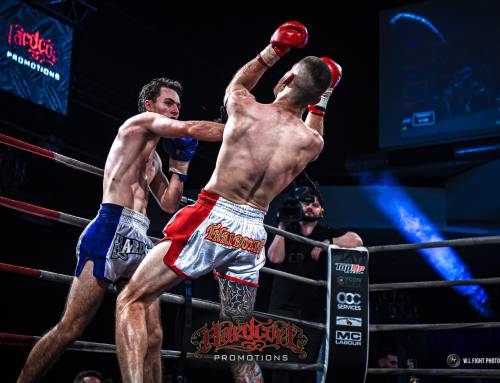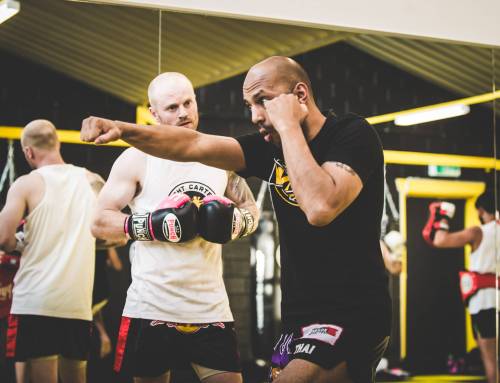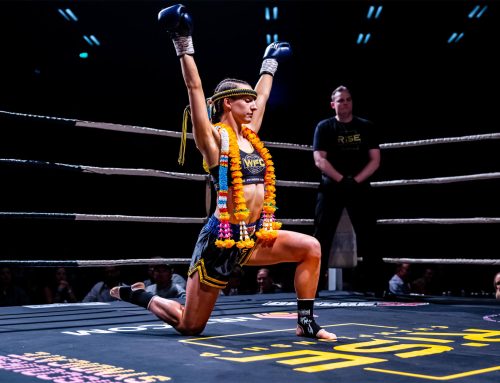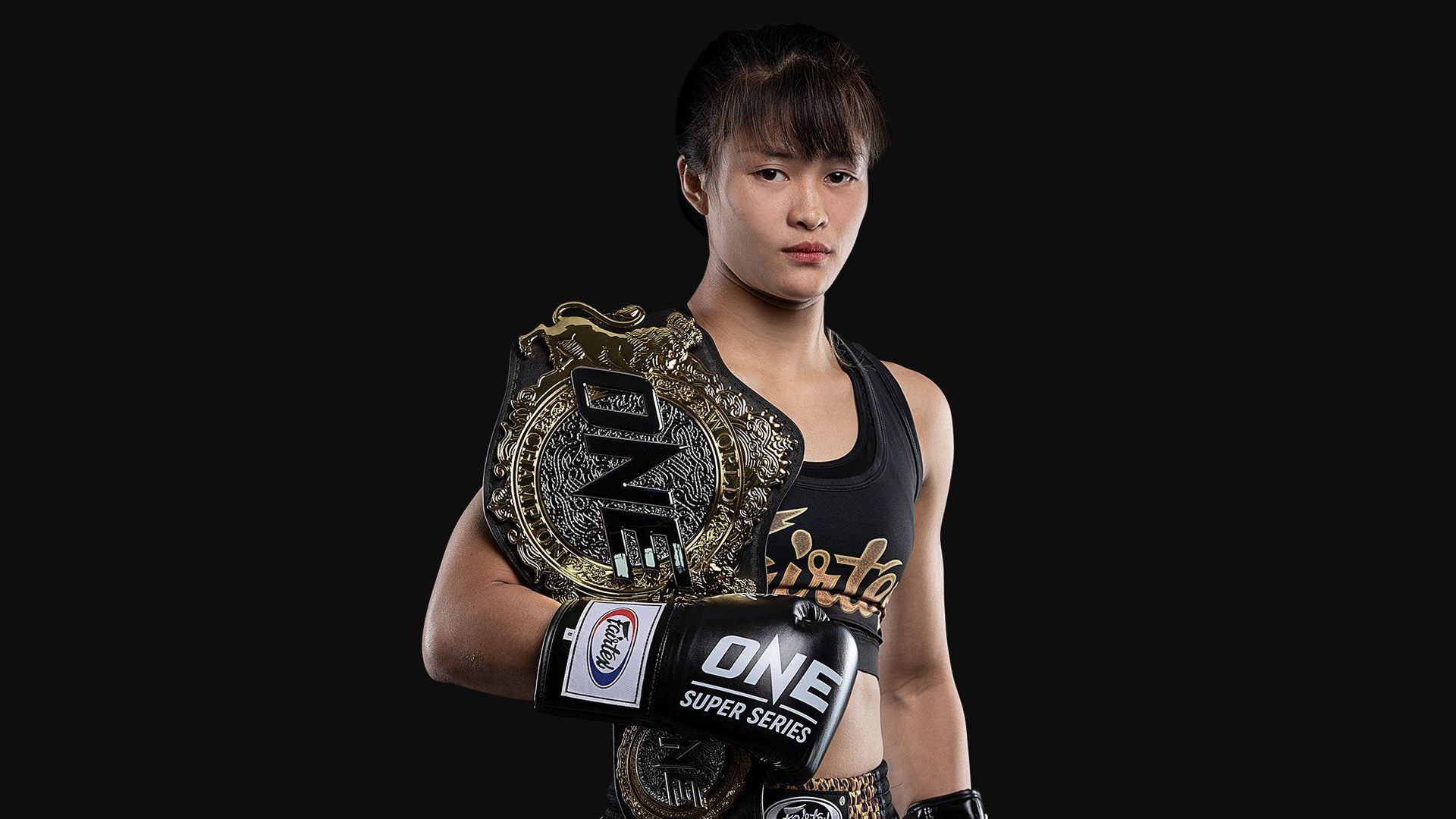
The Legacy Continues: Why Gym Names Carry Weight in the World of Muay Thai
Why Muay Thai Fighters Take Their Gym Names
Ever wondered why some Muay Thai fighters like Stamp Fairtex, Buakaw Banchamek, and Rodtang Jitmuangnon adopt their gym names? This practice, prevalent and unique to Muay Thai is a long standing tradition. One that is steeped in respect, pride, and honour. But there’s more to it than just that. This article will provide a comprehensive insight into this uniquely Muay Thai tradition.
The Historical Significance of Names in Muay Thai
What makes Muay Thai different from other martial arts? The answer lies in its rich history, and unique traditions like the use of amulets for safety and strength, rituals such as the Wai Kru, and importantly the significance names hold in this ancient practice. It’s not just about branding; it’s about representing the gym’s ethos, its fighting style, the lineage of its trainers, and its geographical location. For instance, the prominent Fairtex Pattaya is named after the Fairtex Equipment brand and Pattaya, its location.
When a fighter adopts their gym’s name, they become a part of an ongoing legacy, contributing to the gym’s reputation with their victories.
Honouring the Sacred Bond between Trainer and Fighter
So why do fighters choose to carry their gym names? In essence, fighters adopting their gym names is a mark of respect towards their trainers. It’s about acknowledging the time, effort, and wisdom imparted to them during their arduous training sessions.
The Role of Gyms in a Fighter’s Journey
To a Muay Thai fighter, their gym name represents their training ground, the hub of their skills, and the source of their fighting spirit. The gym is not just a place to train. It’s a second home, where fighters bond with their trainers, develop their skills, and learn the values of discipline and perseverance. A place where fighters are nurtured, supported, and moulded into champions. When a fighter takes on their gym’s name, they wear it as a badge of honour, showcasing their allegiance and dedication to their craft.
The Role of the Trainer
The trainer or coach plays a crucial role in the fighter’s journey. They are responsible for learning what makes them tick, what can improve performance, and what may have adverse effects. Learning how to get the best performance out of each individual fighter is an arduous task and takes a particular skill and a lot of patience. By taking the gym’s name, fighters acknowledge the effort, time, and wisdom their trainers have invested in them.
How Gym Names Influence a Fighter’s Identity
The gym name becomes an integral part of who they are, both inside and outside the ring. The name they carry is a testament to their skills, discipline, and the training regime they have endured. It also speaks to the fighting style the gym is most famous for or their specialised skills. For example the FA Group in Bankok is renowned for their superior clinching skills. Here in Melbourne WFC Ferntree Gully’s fighters are known for their high work rate, skillful clinching and phenomenal conditioning.
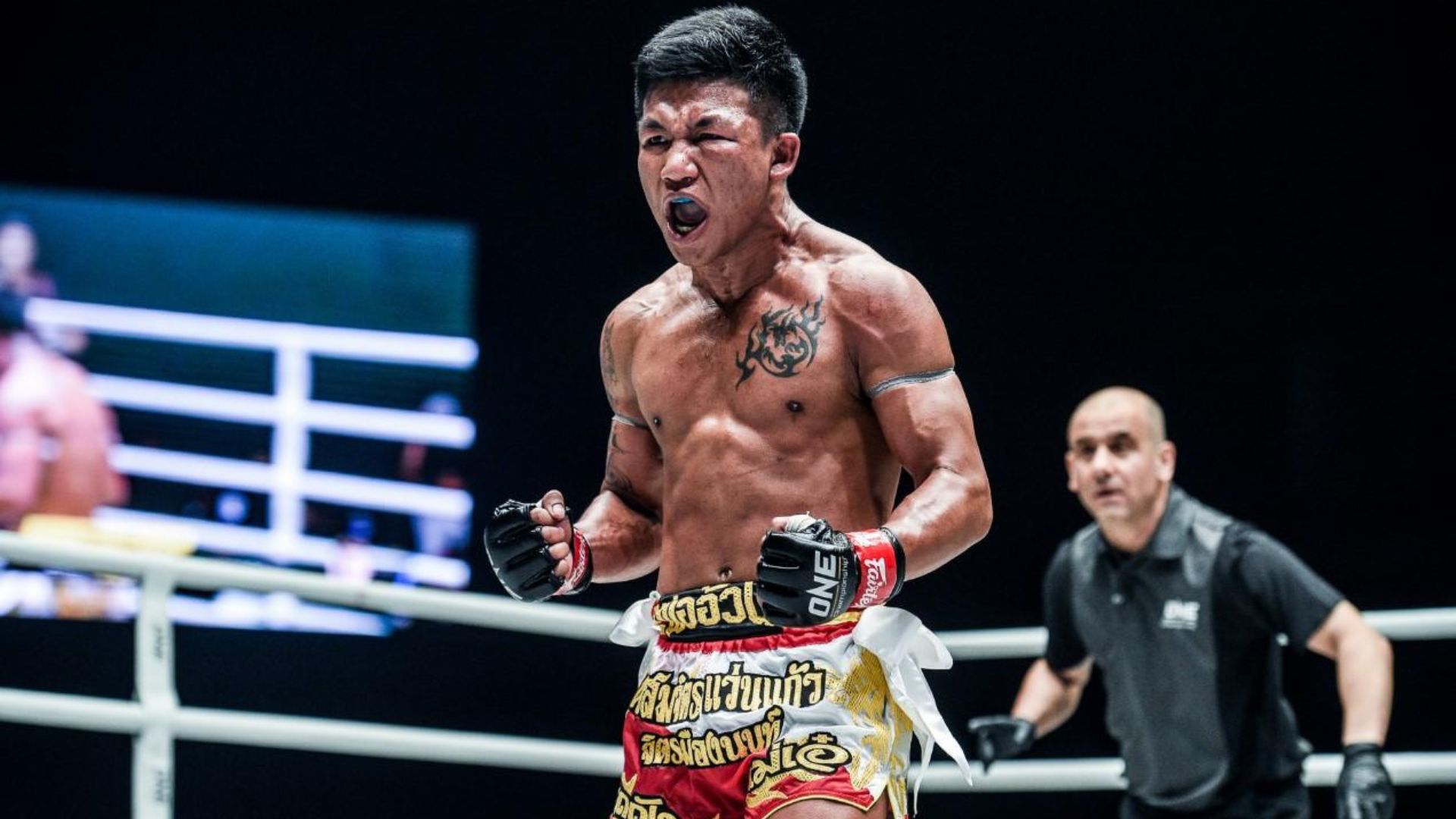
Rodtang Jitmuangnon
The Impact on Career and Reputation
A reputable gym name can elevate a fighter’s reputation and open doors to international opportunities. It also connects the fighter with a legacy, linking them to all the champions who trained before them under the same banner.
Building a Connection with the Audience
Why is a gym name so appealing to audiences? It allows fans to follow the journey of fighters from a specific gym, fostering a sense of community and loyalty among supporters. It also cultivates a camaraderie among fighters, creating a familial bond that goes beyond mere training sessions.
The Emotional Connection
For most fighters, there is a strong emotional significance of a gym name. Adopting a gym name is a deeply personal and emotional decision for a fighter. It signifies their bond with the gym, their trainers, and the community that supports them.
Conclusion
It becomes clear that the practice of Muay Thai fighters adopting their gym names is not merely a tradition, but a deeply ingrained part of their journey. It’s a conscious choice that extends beyond the ring, shaping their identity and creating a bond of unity and respect among fighters. It acts as a mark of gratitude towards their trainers and a testament to the gym that has been their second home.
In the realm of Muay Thai, a fighter’s name is more than a label – it’s a narrative of their dedication, the trials they have overcome, and the respect they hold for their sport’s rich legacy. When a Muay Thai fighter steps into the ring, they carry their skills, their spirit, and the name of their gym, presenting a story of resilience, honour, and unwavering dedication.
FAQs
Q: Why do Muay Thai fighters change their names?
A: It’s not so much a change as an addition. Fighters add their gym names to their own to honour their trainers and the gym where they trained.
Q: Is this tradition exclusive to Muay Thai?
A: Yes, this tradition is unique to Muay Thai. It signifies the deep respect and gratitude fighters have for their trainers and gyms.
Q: Does every fighter adopt their gym name?
A: It’s a personal choice. Most fighters do adopt their gym names as a mark of respect and to signify their training background.
Q: What happens if a fighter changes gyms?
A: If a fighter switches gyms, they usually adopt the new gym’s name. This signifies a new chapter in their training journey.
Q: Does a gym’s reputation affect a fighter’s career?
A: Yes, training at a well-known gym can positively impact a fighter’s career, opening more opportunities and enhancing their reputation.
Subscribe to the ‘Muay Thai Playbook’
Guiding you on your Muay Thai Fitness Adventure with info, tips & tricks to help you learn and improve your Muay Thai, striking and fitness.

Written by Dwayne Harris WFC Founder

